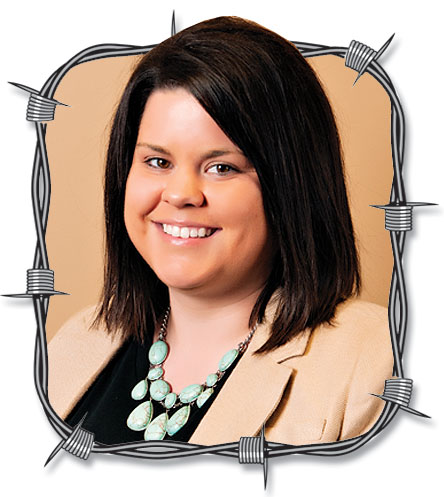Which Option Is Right For You?
You know you need life insurance, but what type should you buy? Term? Permanent? A combination of the two? Implementing life insurance into your financial plan is the foundational piece to ensuring those that depend on you are taken care of, even if you are not around. There are different types of life insurance, and each type has its own purpose in your financial plan.
Why do I need life Insurance?
The main reason to own life insurance is to provide your loved one’s financial protection in the event of your premature death. And as time goes by, the needs of what the insurance will provide typically evolve as well. In their early 20s and 30s, most individuals purchase life insurance to cover items such as housing, raising children and future income potential. As people move into their 40s, 50s and 60s, their focus also includes supplementing retirement, estate planning and leaving a legacy.
What is Term Life Insurance?
The primary function of term life insurance is to provide temporary death benefit coverage to offset some temporary added risk in the insured’s life. In some cases the added risk is not temporary and the client plans to convert to permanent life insurance in the future. Beneficiaries generally receive the proceeds on an income tax-free basis.
Term insurance that is well conceived and well executed can provide the basis for a comprehensive insurance program. Policyowners should be aware that term policies have limited periods of coverage and may have increasing premiums.
Initially, term insurance premiums are lower than permanent insurance. However, with some term plans, the costs increase over time and can become prohibitive as the insured ages. With other term plans, the cost can remail level over the life of the policy based on age of issue and the health of the client.
What is Permanent Life Insurance?
Permanent life insurance provides a guaranteed death benefit in exchange for a level premium payment. Because whole life policies are guaranteed to remain in force as long as the required premiums are paid, the premiums are typically much higher than those of term life insurance where the premium is only for a limited term. Whole life premiums are fixed, based on the age of issue and the health of the client.
The death benefit of a whole life policy is normally the stated face amount, however, mutual company policies are “participating.” That means that clients are eligible to take part in company performance via annual dividends. If the annual dividend is used to purchase additions, the death benefit may be increased by any dividend received. Dividends can also be used to reduce out-of-pocket premiums, taken in cash, or left to accumulate with interest.
Often referred to as Traditional Portfolio-based life insurance, whole life insurance death benefits and accumulated value grow based on the guarantees of the contract and the performance of the insurance company’s general account portfolio, reflected in the dividend. In addition to paying proceeds upon the death of the insured, the accumulated value grows on a tax-deferred basis and is available to the policyowner through policy loans and by surrendering all or part of the policy. Whole life insurance should not be purchased solely for the purposes of accumulating cash values, but rather because a permanent death benefit need exists.
While life insurance is a vital foundational piece of your financial plan, both permanent and term life insurance can be used strategically in unison or individually. It is important to ask these five questions when considering a life insurance purchase:
“Why is life insurance needed?”
“How much coverage in needed?”
“What fits in my budget?”
“What are my other financial priorities right now?”
“What is the financial strength of the life insurance company?”
At the end of the day, what’s most important is making sure you’ve taken the necessary steps to ensure your family’s long-term financial security. The policy you purchase today should have the flexibility necessary to accommodate your needs tomorrow.
Brian Pahl of Nixa, Mo., is a Financial Representative with RPS Financial Group, Inc. He can be contacted at 417-877-8600 or [email protected]






